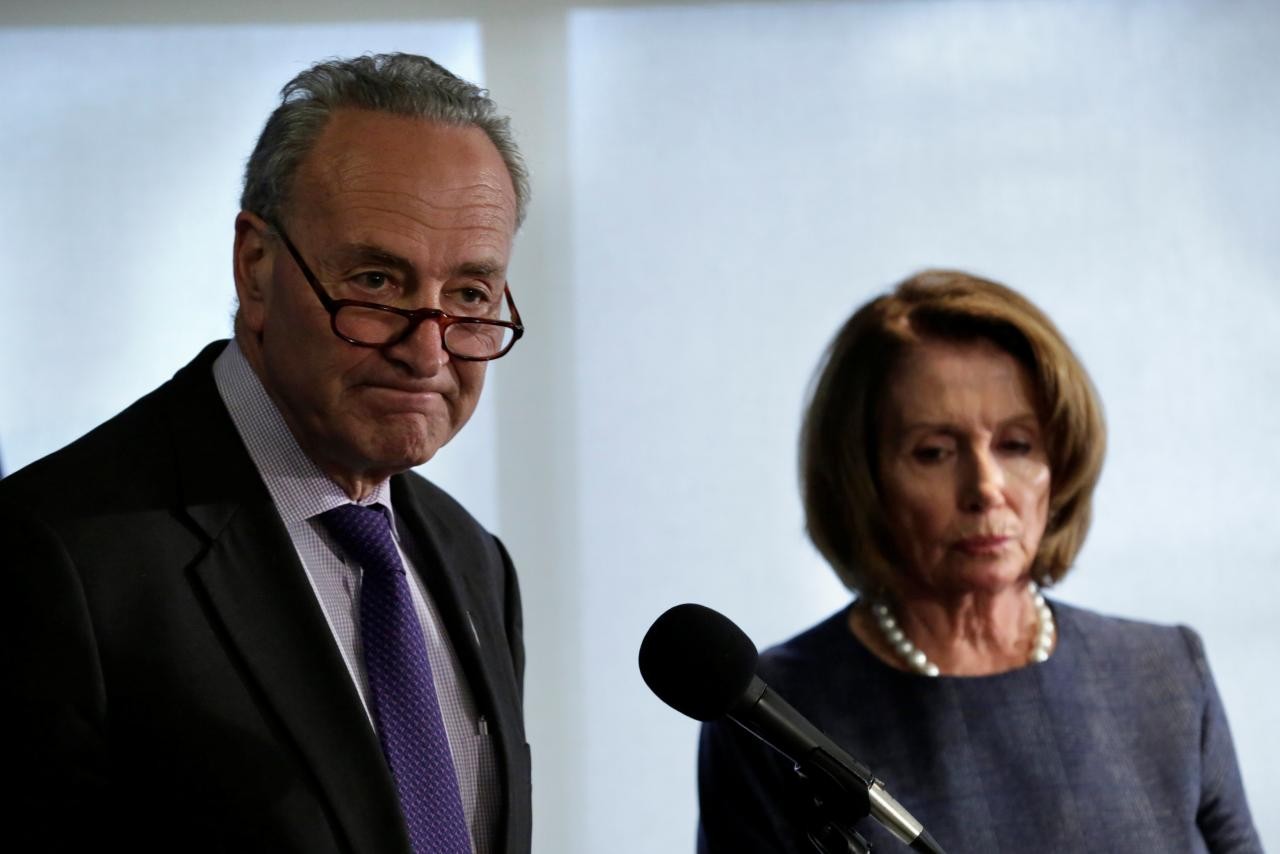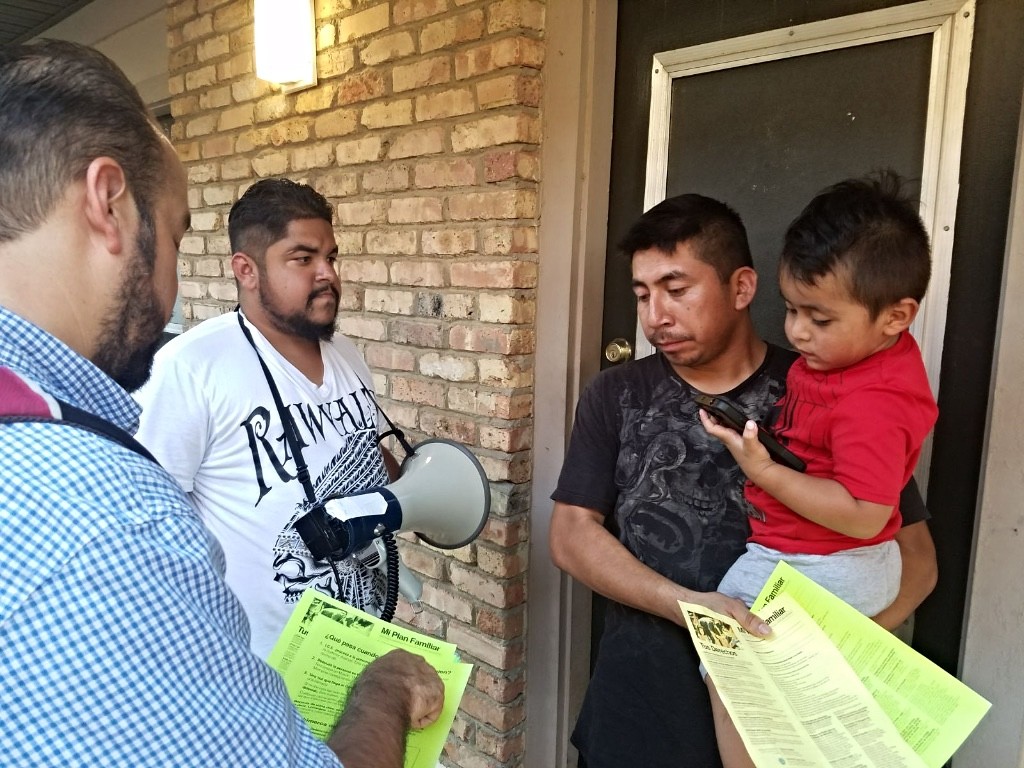President Trump has built his presidency on a foundation of untruths and a defense of false equivalence. His defenders have followed suit. Now, the lies and the hypocrisy of an administration that cares only about preserving power and privilege for the loyal few are literally tearing families apart.
 Latino Memphis/Facebook
Latino Memphis/Facebook
It all started before the 2016 election. In October 2016, the Access Hollywood audiotape showed candidate Trump bragging about how status as a “star” gave him the power to sexually assault women. Initially Trump fumbled through an apology, but he quickly switched to what has become a more familiar posture: normalizing his behavior via diversionary tactics, i.e. by claiming that Bill Clinton had said much worse to him on the golf course.
Next, after multiple indictments of his staff, including his campaign manager and his first national security advisor, Michael Flynn, Trump argued that Hillary Clinton’s emails were a more significant scandal, despite repeated FBI investigations, including the recent inspector general’s investigation, finding no basis for her prosecution.
The president’s proclivity for lying is well-documented but is too often met with the familiar refrain that “all politicians lie.” The truth, however, is that no politician in modern times has engaged in such a continuous and willful effort to mislead the public. The Washington Post recently reported that by May 1, 2018, Trump had lied more than 3,000 times in his presidency, averaging 6.5 lies per day. In one 80-minute speech, Trump lied 44 times.
As the daily lies mount, the administration has begun a truly reprehensible campaign against our neighbors to the south. This administration, in a “zero tolerance” policy they alone concocted, is criminally prosecuting every individual who crosses the U.S. border without documentation. Many are crossing to seek asylum as they flee violence, political unrest, and economic despair. This is a new Trump administration policy; it is not a policy developed — as claimed by Trump and his acolytes — by the Democrats. There is no “law” requiring the separation of families.
Instead of treating migrants with dignity, Trump refers to them as “animals.” The administration, evidently, didn’t think the U.S. public would care about dividing up families, poor people, mostly from Central America. They were wrong. Public outcry followed and forced the president to back down; he signed an order last week ending the policy of family separation. But, the ramifications of this policy have been deadly, and the problem isn’t solved by any means.
One Honduran father killed himself after being separated from his wife and child. Child psychologists have warned about the emotional well-being of children who are held in detention centers without parents and relatives. Last week, a heartbreaking photograph of a two-year-old Honduran girl, in tears, witnessing her mother’s arrest became the symbol of Trump’s cruel immigration policy.
In response to complaints about Trump’s policy, Senator Lamar Alexander initially claimed that “Previous administrations have separated children when their parents were detained for criminal charges or other charges that required their detention.” Senator Alexander has since condemned Mr. Trump’s actions as public opposition has grown.
The senator’s reflexive use of false equivalency is telling. President Trump’s border policy is unlike any that the U.S. has deployed in our history. No administration has ever systematically removed children from their parents, simply for crossing the border. Alexander’s initial claim that previous administrations have separated children when their parents were detained obfuscates the fact that previous administrations took such actions only when the parents engaged in criminal activities beyond simply crossing a border to seek asylum and a better life.
The time has come for Republicans and anyone who clings to a moral compass to quit excusing President Trump’s actions. His words have been callous, his actions cruel and unusual, and if Congressional leaders won’t act now, in the face of objective cruelty to children, then the great American experiment is truly at its end stage.
Bryce Ashby is a Memphis-based attorney and board chair of Latino Memphis. Michael LaRosa is an associate professor of Latin American history at Rhodes College.

 Joshua Roberts | reuters
Joshua Roberts | reuters  Reuters
Reuters  Latino Memphis
Latino Memphis 

 Reuters.com
Reuters.com